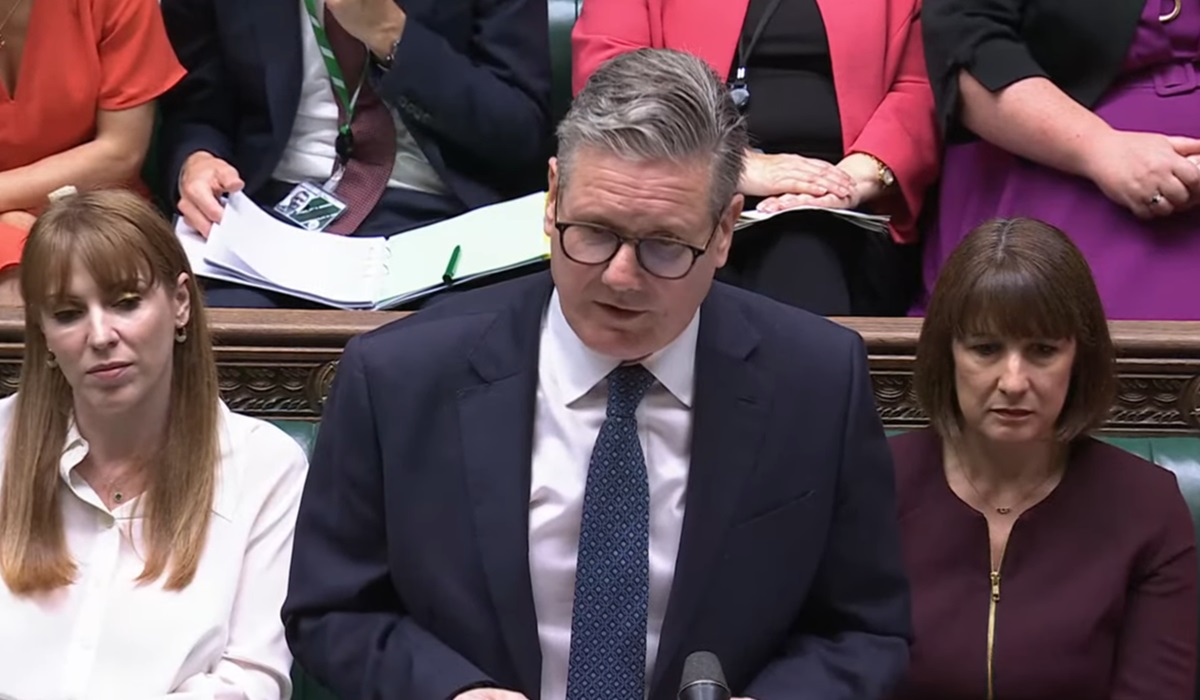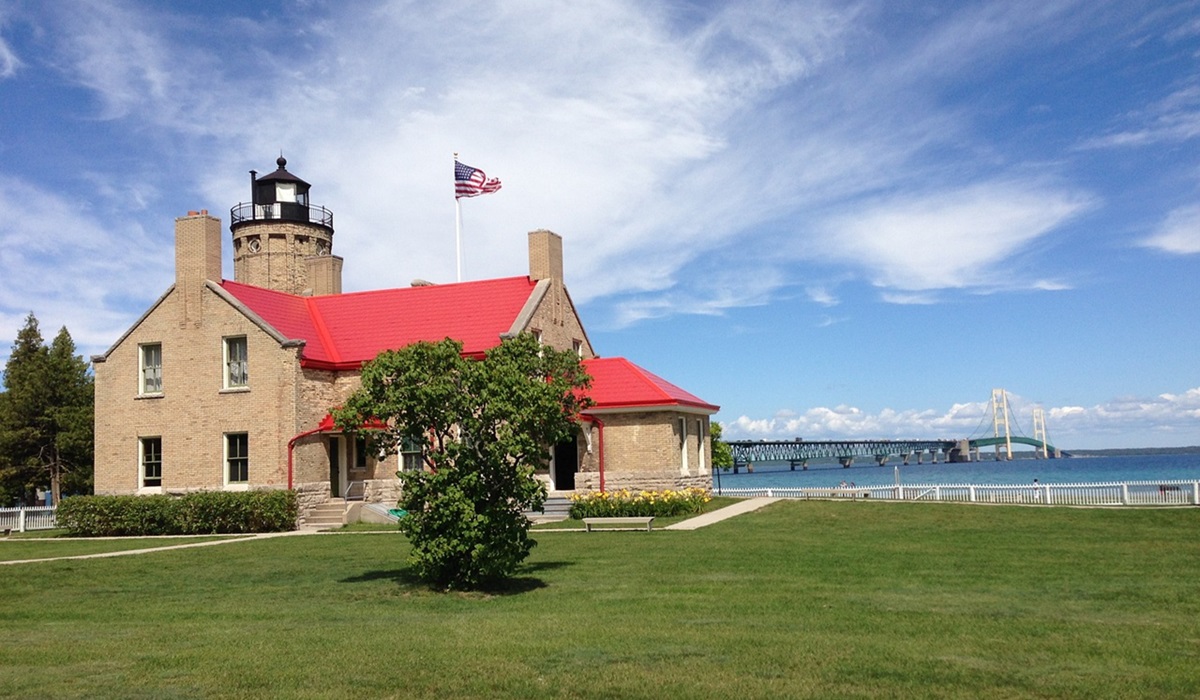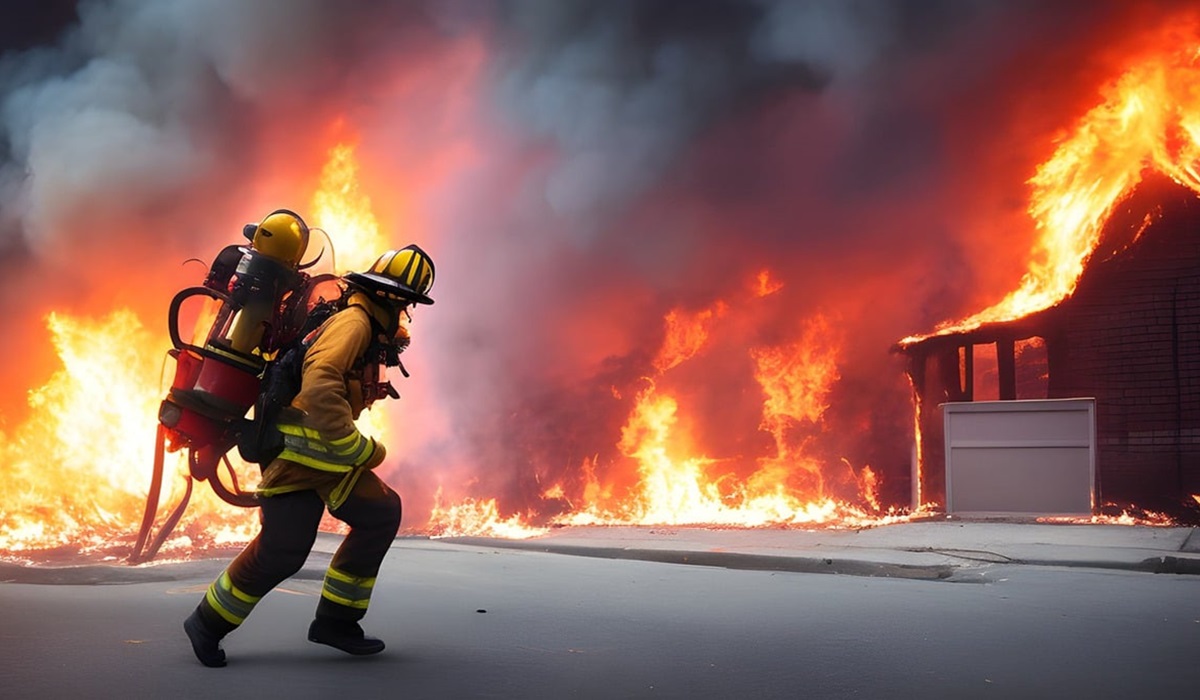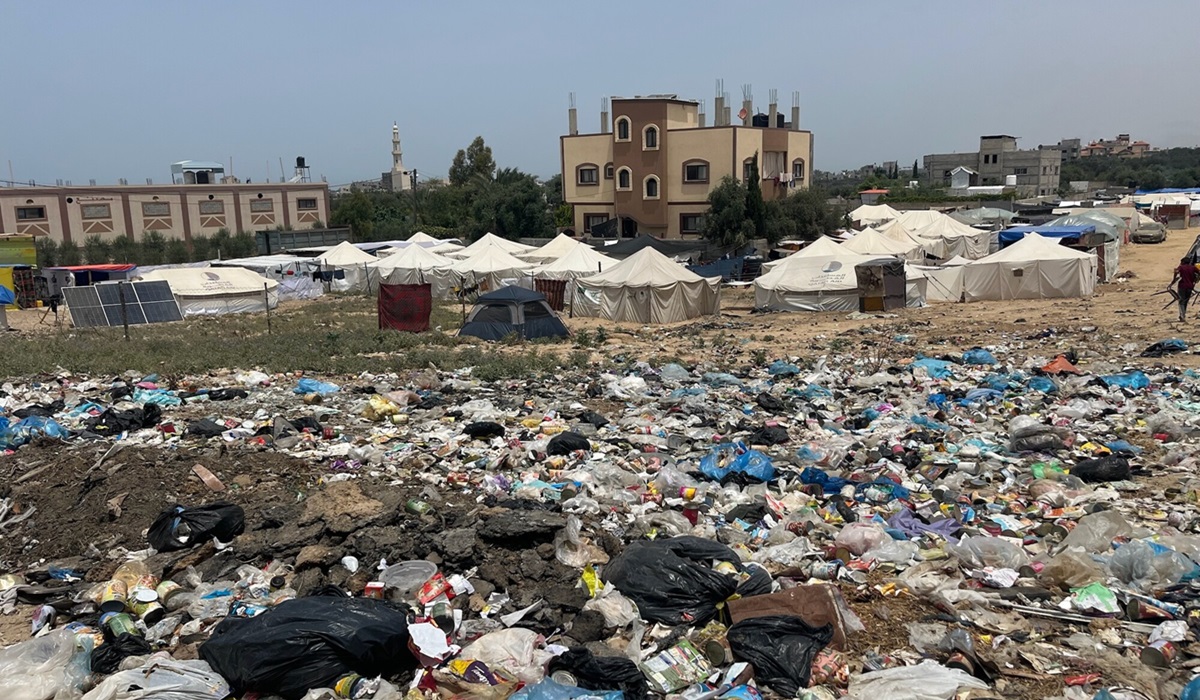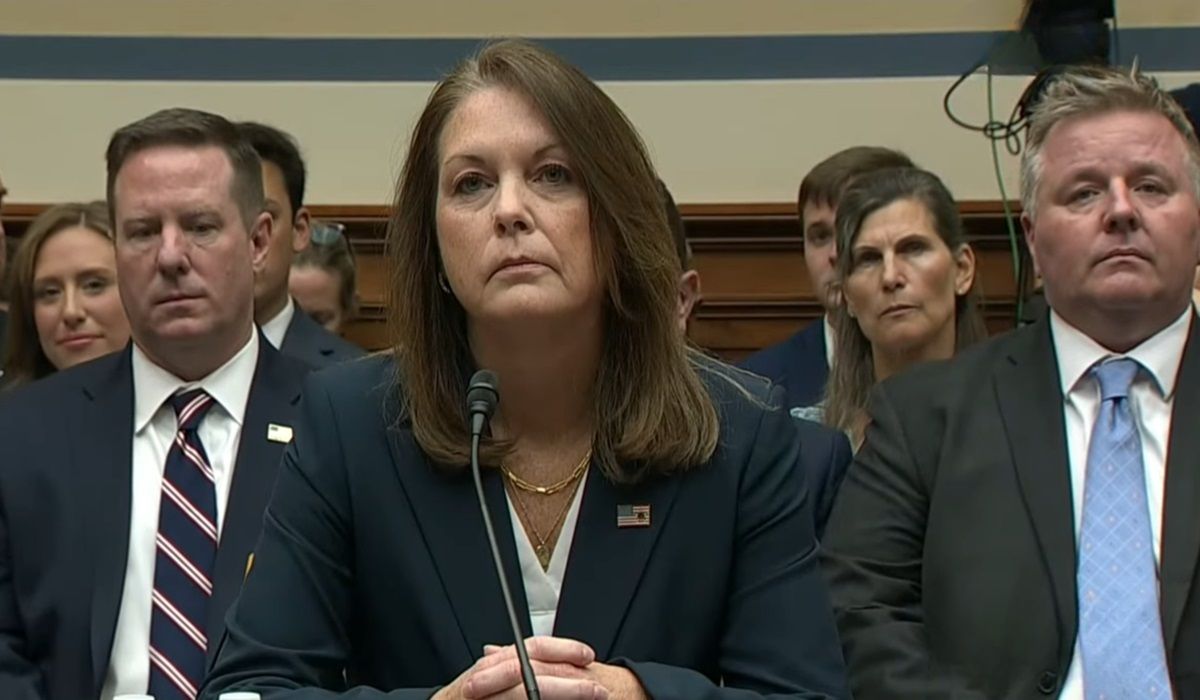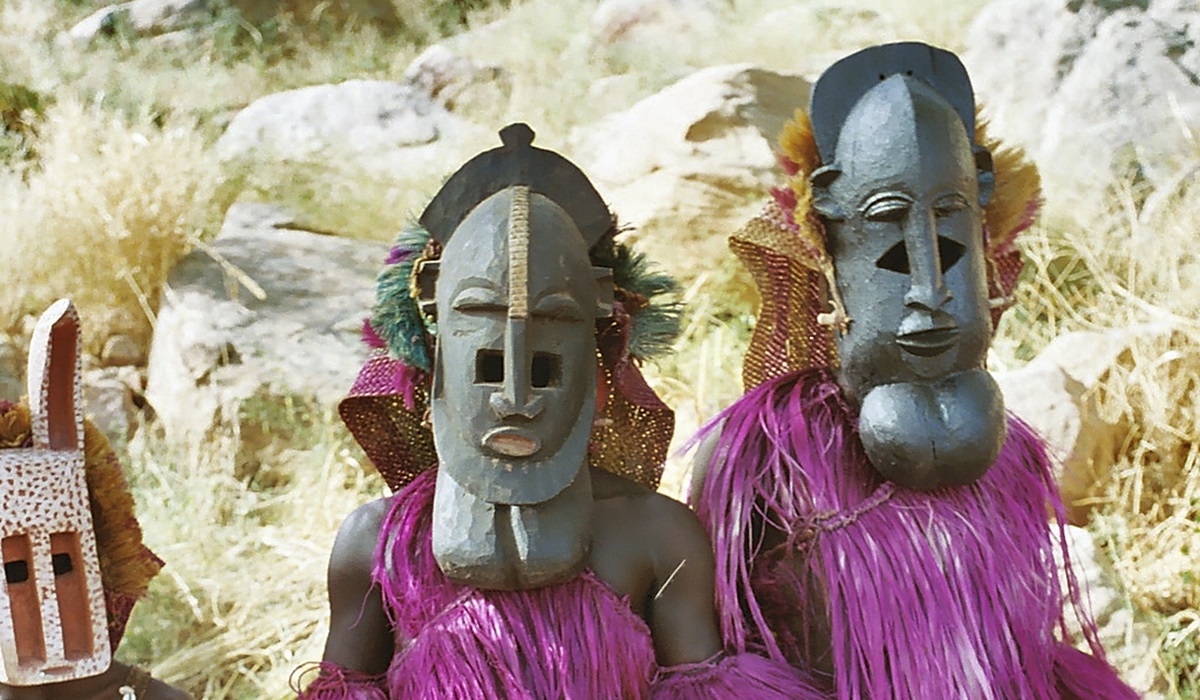Deepening Humanitarian Crisis in Ituri Ignored Amidst International Focus on North Kivu
- TDS News
- Africa
- Breaking News
- March 28, 2024
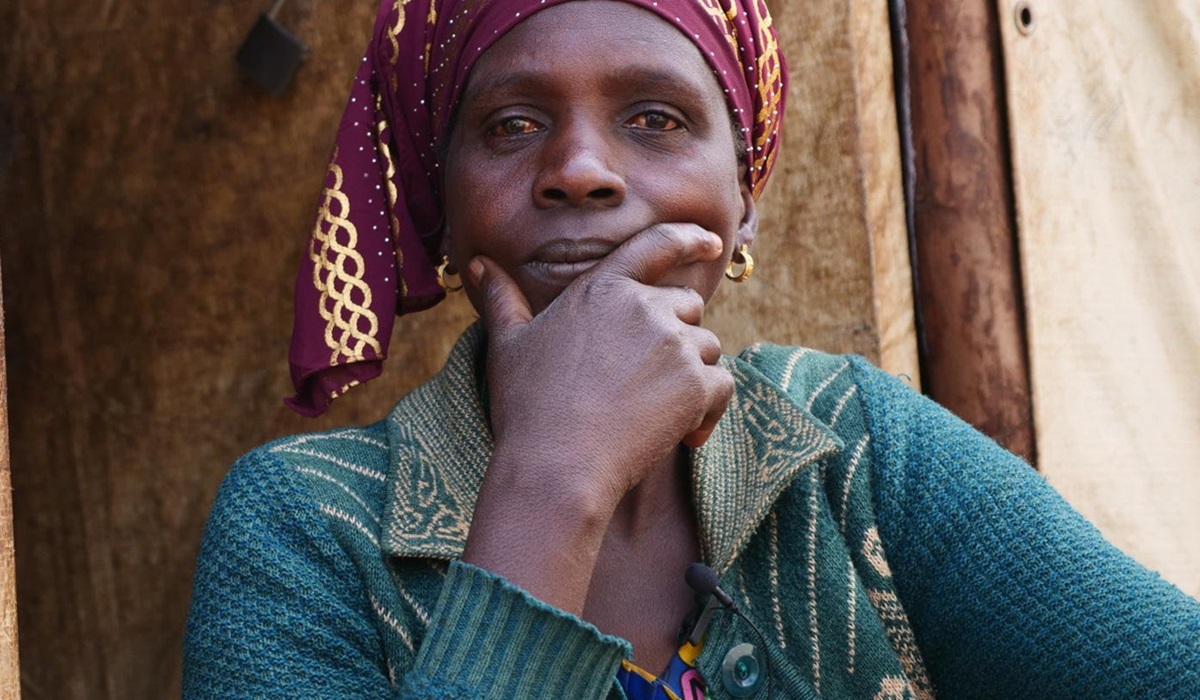
Image credit, NRC
The humanitarian crisis in Ituri province, northeastern Democratic Republic of Congo (DRC), is rapidly worsening, yet it remains largely forgotten amidst international attention diverted to other regions. The Norwegian Refugee Council (NRC) has sounded the alarm, urging the international community to prioritize support for the displaced communities in Ituri to avert further catastrophe.
With over 1.6 million people displaced by the end of 2023, Ituri province has been grappling with escalating inter-communal violence, leading to a breakdown in social cohesion and mass displacement. Despite the severity of the situation, attention from the international community has been disproportionately focused on crises elsewhere, notably in and around Goma in the North Kivu province.
Eric Batonon, NRC country director in DRC, emphasized the urgent need for action in Ituri, stating, “We cannot afford to overlook the deteriorating conflict in Ituri. The lack of international attention beyond the crisis in North Kivu and the increasing breakdown in relations between local communities across Ituri demand immediate action.”
The frequency of violent attacks in Ituri has surged over the past six months, with nearly 200 recorded since the beginning of the year. These attacks have not only displaced hundreds of thousands but have also paralyzed local populations, preventing them from working their lands out of fear and depriving them of the means to provide for their families.
Georgette, an internally displaced woman residing in the Plaine Savo camp, described her harrowing experience, “I feel like I’m in prison here, it’s not a place I like. I’d like to go home. It’s hard to get food. There’s not much assistance. Access to water is also a problem. I’m tired of this life, especially when I see my children who can no longer go to school.”
The crisis in Ituri is not confined to displacement and deprivation; it extends to education as well. Children, already facing immense challenges, attend overcrowded and poorly maintained classrooms with insufficient food, undermining both their learning outcomes and psychosocial well-being.
Addressing the multifaceted crisis in Ituri demands a comprehensive response backed by adequate resources. Batonon stressed the importance of building peaceful solutions from the ground up, stating, “We must help communities rebuild trust and relations to avoid even more conflict in the future. Improving the humanitarian crisis will require building peaceful solutions from the ground up.”
In the face of this escalating crisis, the NRC continues its vital work, providing educational and psychosocial support to affected children, constructing shelters and classrooms for displaced communities, and ensuring safe access to water and land. However, the scale of the challenge demands greater international attention and support to prevent Ituri from descending further into chaos.
As the world grapples with numerous humanitarian crises, Ituri’s plight serves as a stark reminder of the urgent need for concerted action to alleviate the suffering of those most vulnerable and marginalized.

